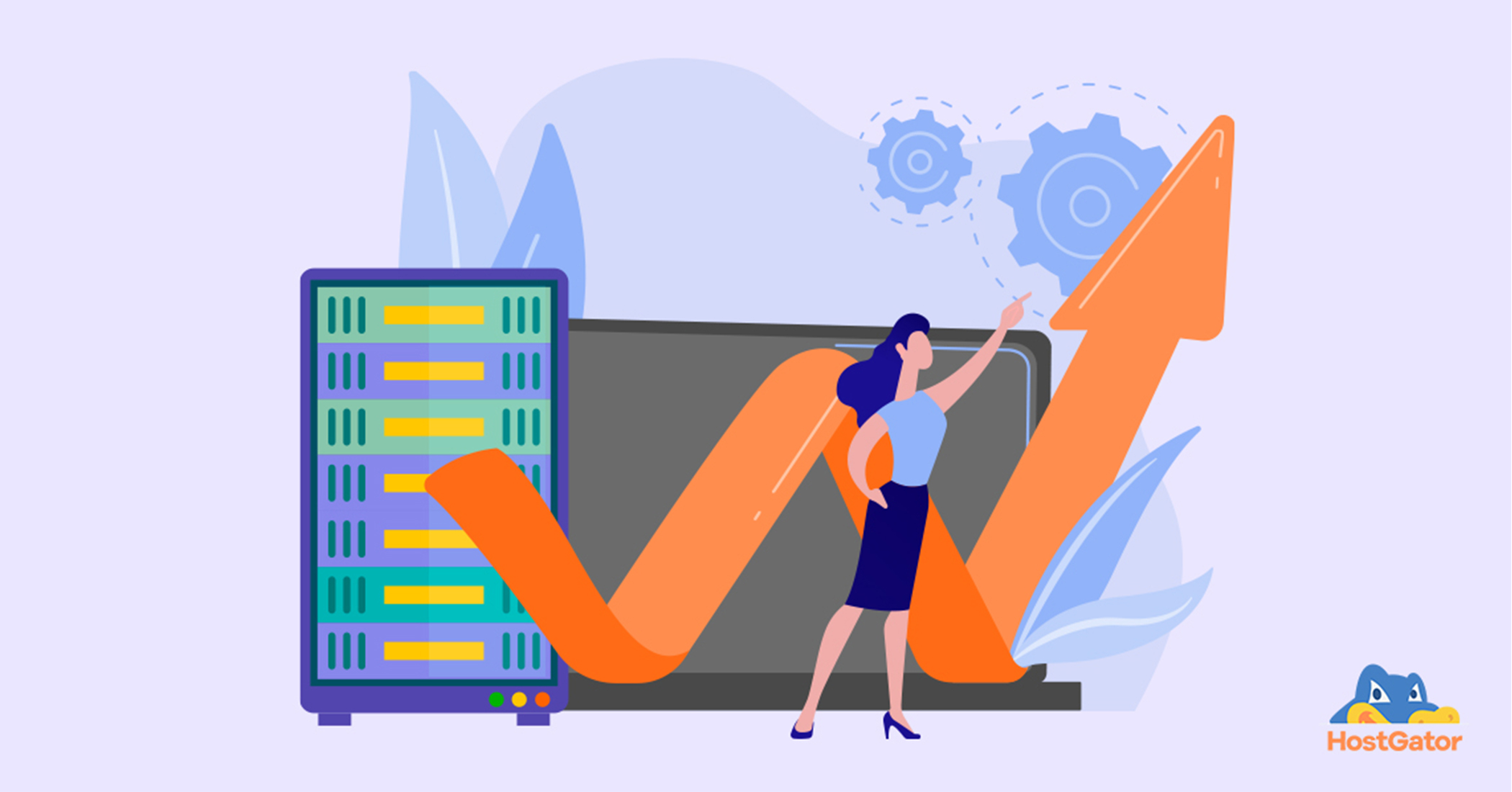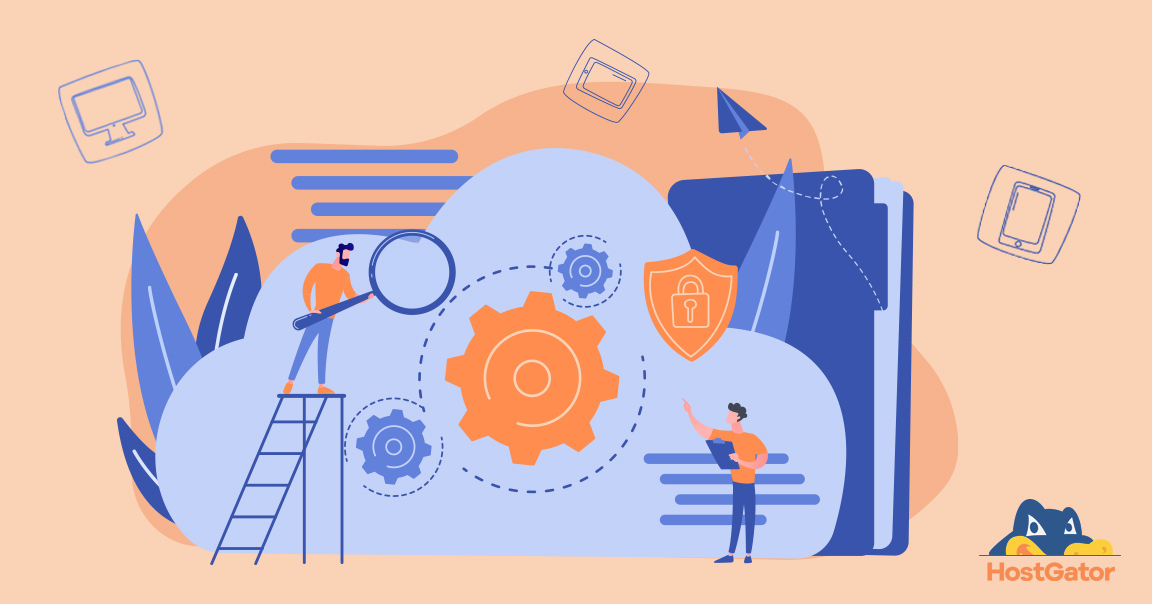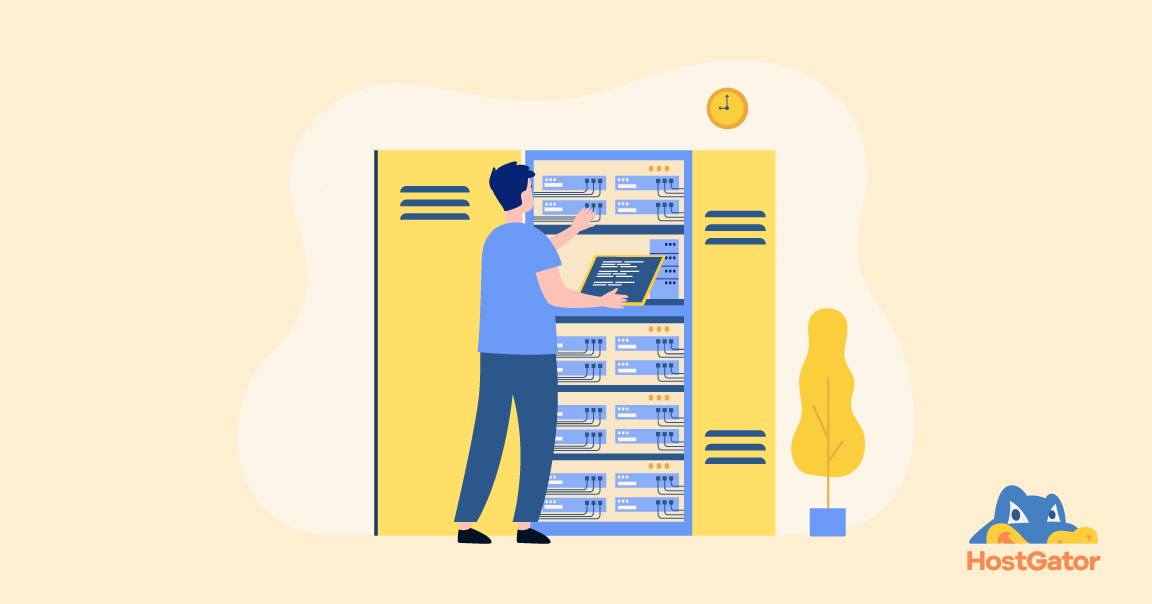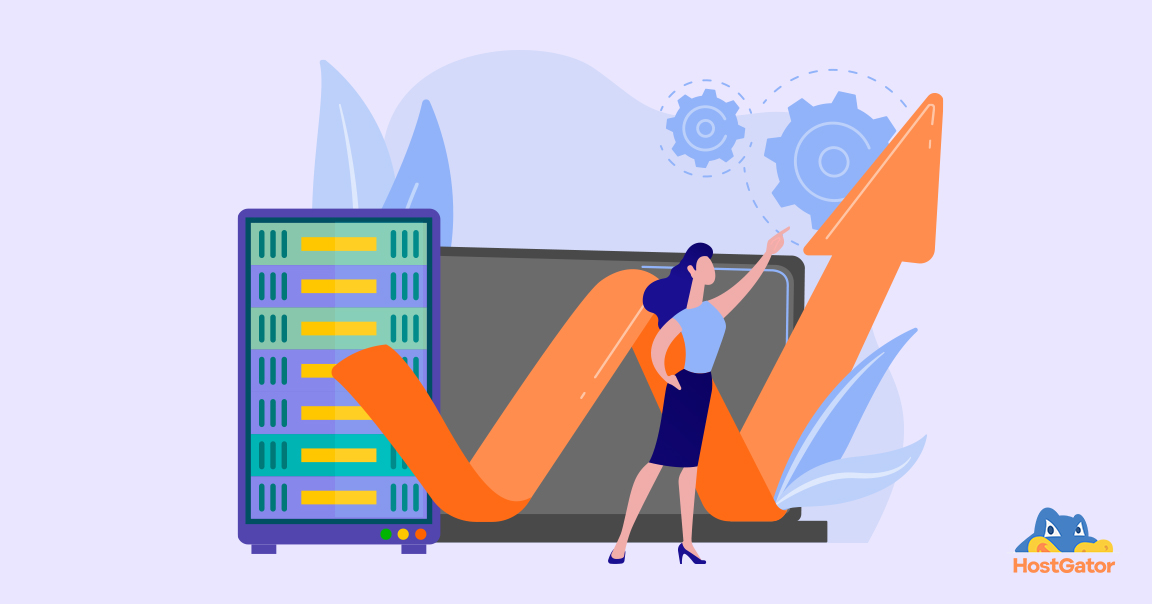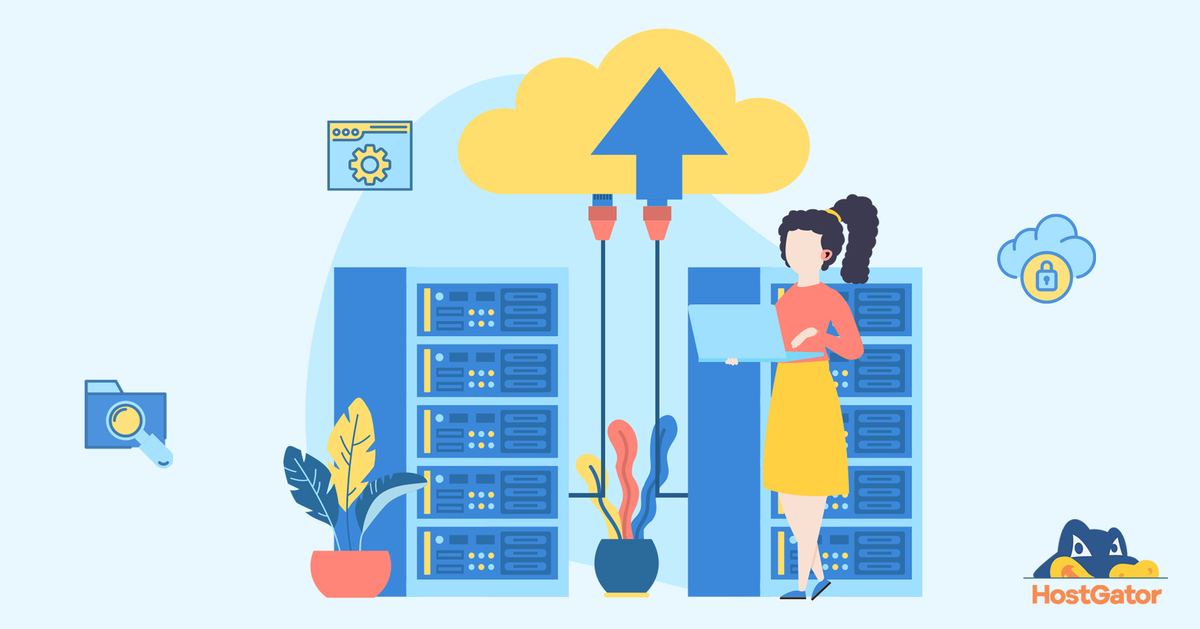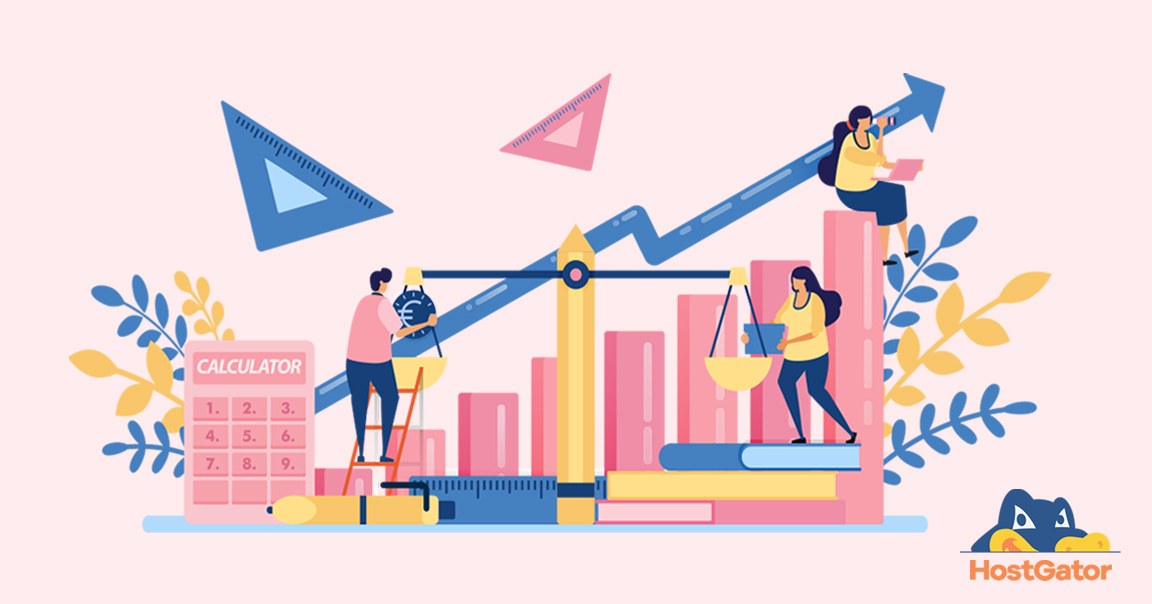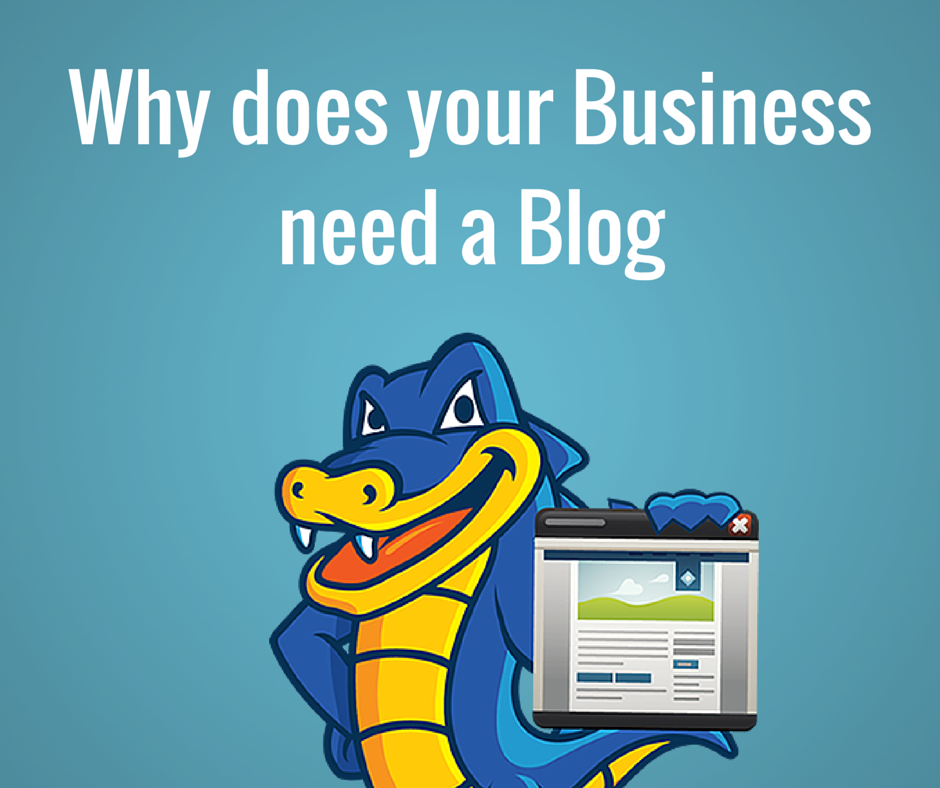When you buy a web hosting plan for your website, apart from the choice of the web hosting platform, there are a few other features that you come across. As a beginner, you may get caught up and confused by a few jargons. One such term is Load Balancing. In layman’s terms, a load balancer is a traffic regulator, so to say. It looks at the incoming traffic and directs it to different servers so that all the resources are used optimally.
In this article, we will discuss the meaning and benefits of a load balancer for your website.
What is Load Balancing?
Load balancing is a process through which the workload on the servers that power your website is regulated. It helps in achieving greater efficiency and improved performance. The fundamental goal of load balancing is to optimally use all the resources so that the response time of your website is low.
The Need for Load Balancing
Before taking a deeper look at this, it’s important to understand how websites work. So, whenever someone accesses your website, what they’re technically doing is sending a request. It might be a request to access a video, open an image, an article — anything. They’re all requests.
Now, when a request is placed, it travels to your server through the internet. Your server will take the request, process it, and send back relevant information. In cloud computing, you’ll have multiple servers (a cluster) to do the same thing. They collect requests, process it, and send outputs.
When the number of requests increases, so does the load on the server. Eventually, this will start affecting the performance of your website. If a server is overwhelmed but continues to get requests, it’ll slow down or even shut down. This is where a load balancer comes into the picture.
It sits at the heart of your cluster and constantly monitors two readings — requests coming in and the load on each specific server. Whenever the load on one of the servers in the cluster gets too high, it’ll start directing traffic to other servers in the cluster. This way not only are all the servers used, but the load on each of these servers is also manageable.
Advantages of Load Balancing
Following are some of the significant benefits of load balancing for your website:
- Performance and Speed
It’s a well-known fact these days — slow websites are simply a turnoff for customers. People expect blazing fast results from websites. With that being the case, you should be doing everything you can to ensure that your website is as fast as it can be. However, if you have a server that’s too overwhelmed, one of the first things that will happen is the loss of speed.
Servers, when bombarded with requests, can’t keep up. They will slow down, and that will influence loading speed and response times. A load balancer addresses this problem directly. It lowers the stress on the servers, thereby, increasing their performance, and in turn, the speed of your website.
- Redundancy
Be it routine maintenance or a hardware failure, at some point, you will see your server out of action temporarily. This is a huge problem for both small and big companies. You’ll have to invest in good backup and redundancy strategies.
One of them can be a load balancer. Let’s say the cluster that powers your website has four servers — A, B, C, and D. If one of these servers fail, and you have a load balancer in that cluster, the failure won’t affect you a whole lot.
The load balancer will see that a server is out of action and it’ll simply redirect the traffic to the other servers. This way, you won’t have to worry about your website going down.
- IT Flexibility
One of the most common problems that IT staff face when it comes to websites is that they must conduct website maintenance without taking the website down. It’s a bit like fixing an engine while keeping it running. With a load balancer, that’s no longer a problem. Your IT staff now have the flexibility to take down servers whenever they want without causing any problem to your website. With a load balancer, the technicians can simply turn off one server and redirect your traffic through another server. Thus, a load balancer ensures that your website doesn’t go down during maintenance.
- Scalability
As your website grows and more people start visiting it, you will see that you need more resources. That simple plan that you had earlier isn’t enough. Sudden spikes in traffic can very realistically bring your website down.
Chances are, you also have a few marketing funnels running to attract more visitors. But as more and more visitors start pouring in, your website becomes slower and slower. It’s a classic catch-22 situation.
Introducing a load balancer to the mix makes this problem much more manageable. You now have the power of multiple servers, and more importantly, whenever there’s a traffic spike, your load balancer will step in to manage all that extra traffic.
- SSL Decryption
If your website is SSL certified (and it really should be), your servers are doing one extra job that you might not be aware of. When a request is sent to an SSL website, the request and any accompanying data are encrypted. The servers receive this encrypted data and now have the job of decrypting it all before starting to process the data. This takes up valuable time and computing resources.
Load balancers help with this as well. They decrypt the data and send it to the webserver. This means that the server can simply concentrate on processing the input and sending out relevant information. With this, you’re saving computation resources of the server which can be better used elsewhere.
Conclusion
For a website that’s growing and starting to attract a lot of people, a load balancer is a must along with a powerful Cloud Hosting plan. It’ll help you grow without having to worry about your server and its capacities. Ensure that you conduct in-depth research and understand all the features offered by the Cloud Hosting plan before opting for one. This will help you choose the perfect plan for your specific requirements and avail the best benefits of Cloud Hosting and load balancing.
To know more about the other web hosting categories and to choose the right option for your business, visit our Hosting Blogs Category.

